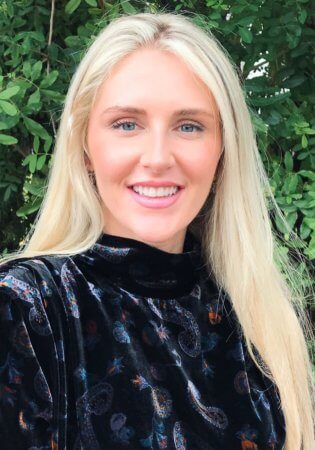Many financial institutions have been facing a massive spike in check fraud attacks that leverage a combination of old and new fraud tactics, including money mule scams.
Recently, financial institutions have observed a marked increase in check deposit fraud using “walkers." Walkers as it relates to fraud are witting money mules recruited by criminals to deposit compromised/stolen checks in person. Criminals are specifically recruiting and targeting elderly, disabled, and homeless individuals for these money mule scams.





